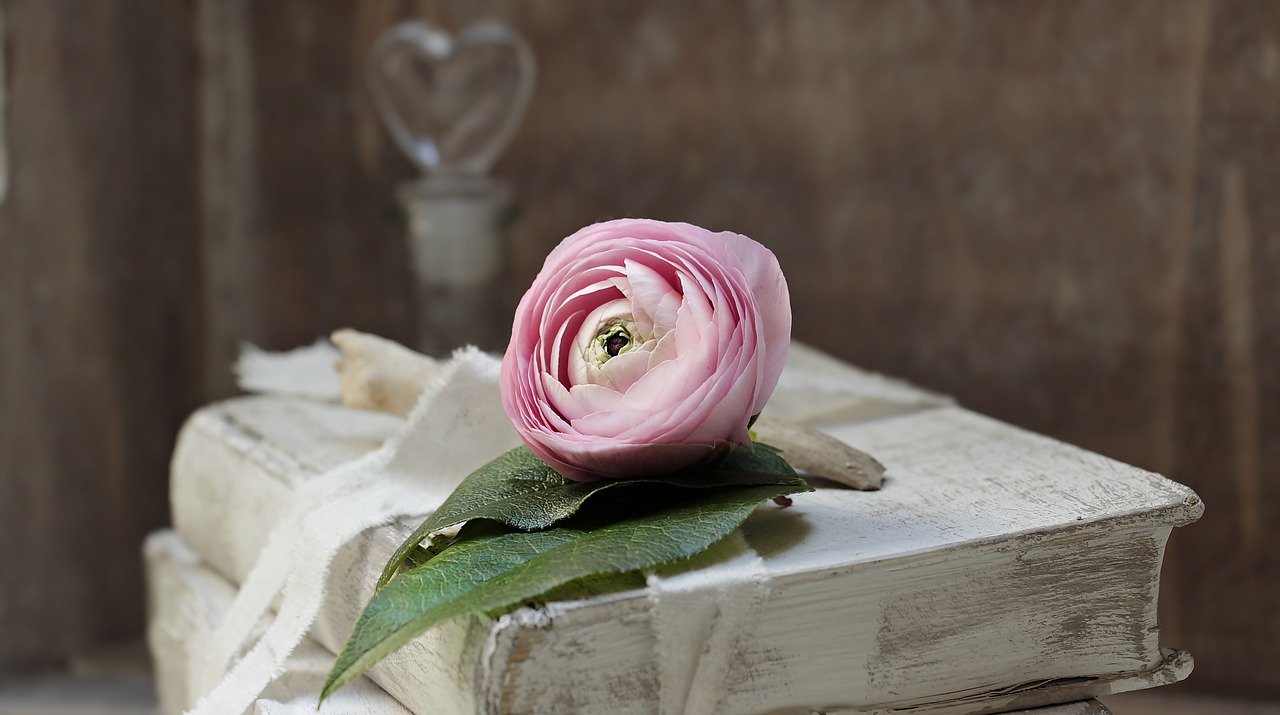
Tidbits
A relative sent me the following examples of how some of the old sayings we use originated. I am sure they have changed somewhat over time but, nonetheless, I found them interesting. Maybe you will, too.
People used to use urine to tan animal skins, so families used to all pee in a pot and then it was taken and sold to the tannery. If you had to do this to survive you were “Piss Poor”.
But worse were the really poor folk who couldn't even afford to buy a pot. They “didn't have a pot to piss in” and were the lowest of the low.
In the 1500s most people got married in June because they took their yearly bath in May, and they still smelled pretty good by June. Still, brides carried a bouquet of flowers to hide the body odor. Hence the custom remains today of carrying a bouquet when getting married.
People bathed in a big tub filled with hot water. The man of the house had the privilege of the nice clean water, then the sons and any other men, then the women and finally the children. Last of all the babies. By then the water was so dirty you could actually lose someone in it. Hence the saying, “Don't throw the baby out with the bath water!”
Houses had thatched roofs-thick straw-piled high, with no wood underneath. It was the only place for animals to get warm, so all the cats and other small animals (mice, bugs) lived in the roof. When it rained it became slippery and sometimes the animals would slip and fall off the roof... Hence the saying “It's raining cats and dogs.”
The floor was dirt. Only the wealthy had something other than dirt. They were "dirt poor." The wealthy had slate floors that would get slippery in the winter when wet, so they spread thresh (straw) on floor to help keep their footing. As the winter wore on, they added more thresh until, when you opened the door, it would all start slipping outside. A piece of wood was placed in the entranceway, a “thresh hold”.
Sometimes if they obtained a cut pork, they felt quite special. When visitors came over, they would hang up their bacon to show off. It was a sign of wealth that a man could, “bring home the bacon.” They would cut off a little to share with guests and would all sit around and “chew the fat”.
Bread was divided according to status. Workers got the burnt bottom of the loaf, the family got the middle, and guests got the top, or the “upper crust”.
Lead cups were used to drink ale or whisky. The combination would sometimes knock the imbibers out for a couple of days. Someone walking along the road would take them for dead and prepare them for burial. They were laid out on the kitchen table for a couple of days and the family would gather around and eat and drink and wait and see if they would wake up. And there is the origin of the custom of “holding a wake”.
England is old and small, and the local folks started running out of places to bury people. So, they would dig up coffins and would take the bones to a bone-house, and reuse the grave. When reopening these coffins, one out of twenty-five coffins were found to have scratch marks on the inside and they realized they had been burying people alive. So, they would tie a string on the wrist of the corpse, lead it through the coffin and up through the ground and tie it to a bell. Someone would have to sit out in the graveyard all night “the graveyard shift” to listen for the bell; thus, someone could be, “saved by the bell” or was considered a “dead ringer”.
Perhaps you will remember a few of them should you attend a wedding this summer.
Jim was a writer-broadcaster and producer on television and radio for 40 years. He is also a podcast host on Lifestyles 55 Digital Radio. Find Radio Redux, Mid-Century Memories and many others at www.whatsupwinnipeg.ca/lifestyles-55digital-radio/



